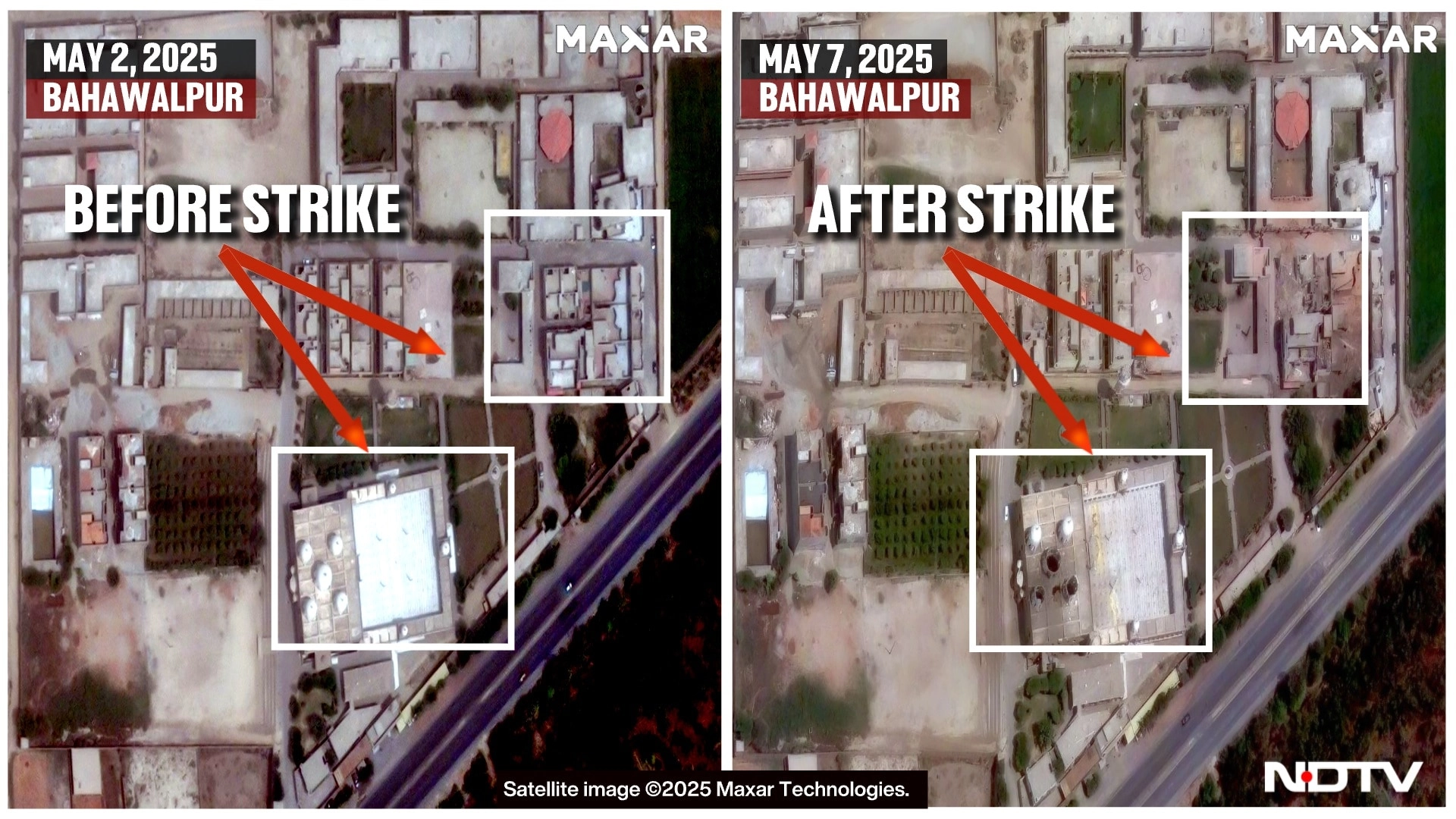In light of the recent devastating earthquake that struck Myanmar and affected parts of Bangkok, the World Health Organization (WHO) has declared a state of emergency. This natural disaster has raised urgent concerns about the health and safety of the affected populations. The earthquake, which registered a significant magnitude, has resulted in widespread destruction, leaving many communities in dire need of assistance. The WHO is calling for immediate funding to facilitate emergency response efforts, emphasizing the necessity of providing medical care, psychological support, and essential supplies to those impacted by the quake.
The earthquake has not only caused physical damage but also exacerbated existing vulnerabilities within the region. Many areas already faced challenges related to healthcare access and infrastructure, and the quake has intensified these issues. The WHO is mobilizing resources to support local health authorities and NGOs in their efforts to deliver timely assistance. They are prioritizing the establishment of temporary medical facilities, ensuring that those injured receive prompt treatment, and addressing the mental health needs of survivors who may be grappling with trauma from the disaster.
In conjunction with the WHO’s efforts, various international organizations and local governments are joining forces to provide aid and support to the affected regions. This collaborative approach aims to ensure a comprehensive response that addresses both immediate needs and long-term recovery efforts. The situation remains fluid, and as assessments continue, the full extent of the damage and the needs of the population will become clearer. The global community is urged to contribute to the relief efforts, as every bit of support can make a significant difference in the lives of those affected by this tragic event.
Overall, the earthquake in Myanmar has highlighted the importance of preparedness and resilience in the face of natural disasters. As recovery efforts progress, it is crucial to learn from this experience to enhance disaster response strategies and strengthen health systems in vulnerable regions. The WHO’s call for funding and support underscores the need for a unified response to ensure that the affected populations receive the necessary care and resources to rebuild their lives. The international response will play a pivotal role in shaping the recovery trajectory for those impacted by this earthquake.




